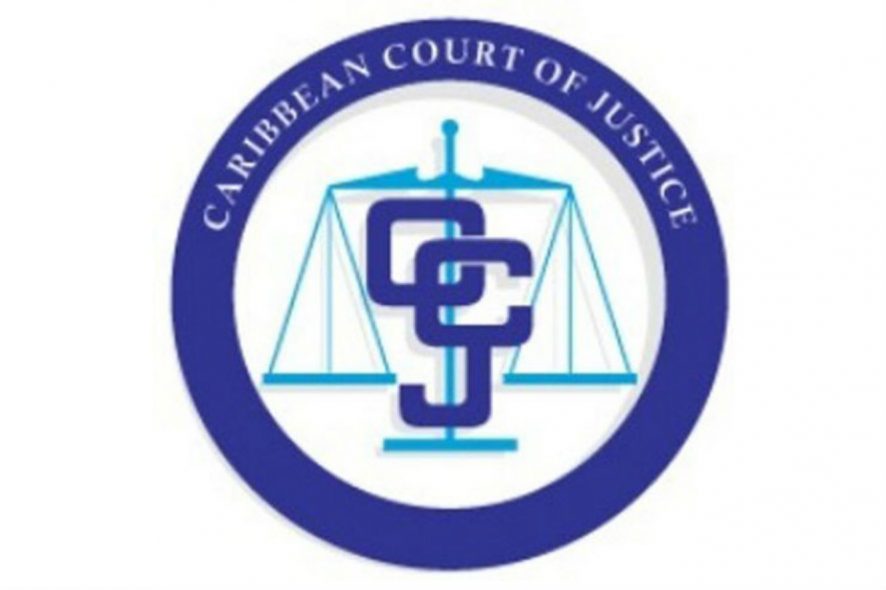Caribbean Court of Justice: A Full Bench of Justice Saunders, Wit, Anderson, Rajnauth-Lee, Barrow and Jamadar dismissed the appeal being devoid of merits.
BACKGROUND
The facts of the case are such that criminal complaints were filed in the Magistrates’ Court by the Respondents pursuant to Sections 56 and 59 of the House of Assembly (Elections) Act (i.e. “Elections Act”). The Respondents alleged that the Appellants (members of the Dominica Labour Party, “DLP”) were guilty of the offence of treating by hosting two free public concerts shortly before the 2014 General Elections, intending thereby to corruptly influence the electorate to vote for the DLP. After the Magistrate issued the summons, the Appellants sought judicial review of his decision to assume jurisdiction over the complaints. It was held that the Magistrate was acting in excess of his jurisdiction since a charge of treating challenged the validity of the Appellants’ election, and as such, any action had to be brought by election petition to the High Court. This view was premised on Section 40 (1) (a) of the Constitution which provides that the High Court has the jurisdiction to hear questions of membership and questions concerning the validity of an election. The summons was quashed. The Respondents appealed. The majority Court of Appeal decided in favour of the Respondents and reinstated the summons. The majority stated that Section 59 created a summary process and gave the Magistrate the power to summarily try and convict a person for treating. That power did not intrude upon the accepted exclusive jurisdiction of the High Court in Section 61 of the Elections Act and Section 40 (1) (a) of the Constitution to determine questions of membership of the House. Therefore, the relevant sections did not conflict. Thereby instant appeal before the CCJ was filed.
ISSUES
The parties disagree on four main points which may conveniently be encapsulated as follows:
- The ‘Parallel Modes of Trial Point’;
- The ‘Constitutionality Point’;
- The ‘Weight of Jurisprudence Point’ and
- The ‘Equality before the Law Point’.
OBSERVATION AND DECISION
The ‘Parallel Modes of Trial Point’
The Court observed that where a candidate was involved, there were two distinct modes of addressing elections offences, evident on a reading of the Elections Act. First, the summary offences procedure, where offences like treating are tried before a Magistrate. Second, the election petition procedure, which was concerned with the undue return or undue election of a member of the House and where one of the bases upon which such return or election can be found to be undue is the engagement in certain corrupt practices, inclusive of treating. The imposition of the disqualification from retaining a seat in the House set out in Section 61 of the Act did not fall within the summary jurisdiction mode of trial and therefore, was not within the Magistrate’s power.
The ‘Constitutionality Point’;
The Court observed that the relevant provisions of the Elections Act did not conflict with Section 40 (1) of the Constitution. First, summary proceedings for treating did not concern the validity of elections; they were concerned to vindicate the criminal law. Second, on reading section 35 (4) of the Constitution, it was clear that ‘any person’ may be convicted of treating and such conviction impacts, inter alia, their membership, or prospective membership, in the House. Such a person necessarily included members of the House of Assembly.
‘Weight of Jurisprudence Point’,
The Court observed that the cases relied on by the Appellants were all inapplicable to the present appeal as they dealt with the quite separate issue of the exclusive jurisdiction of the High Court, to determine the validity of an election by way of election petition. The proceedings before the Magistrate did not directly concern any question of the validity of elections, it concerned the criminal prosecution of the summary offence of treating.
‘Equality Before the Law Point’,
The Court observed that the Appellants’ contention, if correct and put into practice would create two categories of offenders, that is, ordinary citizens subject to the summary prosecution process and members of the House who were immune from it. Such an interpretation offended the principles of equality before the law and the rule of law which were deeply embedded in the Constitution. There was no evidence that it was the intention of the Legislature of Dominica to create this bifurcation in the exposure to the criminal law.
In a concurring judgment, Burgess J. agreed with the decision of the majority, that the appeal should fail as the Elections Act created a two-pronged punitive approach aimed at eliminating corrupt electoral practices, first, the imposition of criminal consequences and second, the unseating of successful candidates. A comparative analysis of legislation from various Commonwealth jurisdictions demonstrated that this two-pronged approach is not anomalous. The Appellants argued that the words, “every person” in Section 56 of the Elections Act did not encompass successful candidates, and Justice Burgess found that in the absence of express language by Parliament, that argument must fail.
In view of the above, appeal was dismissed.[Roosevelt Skerrit v. Antoine Defoe, CCJ Civil Appeal No DMCV2020/001, decided on 09-03-2021]
Arunima Bose, Editorial Assistant has reported this brief.







